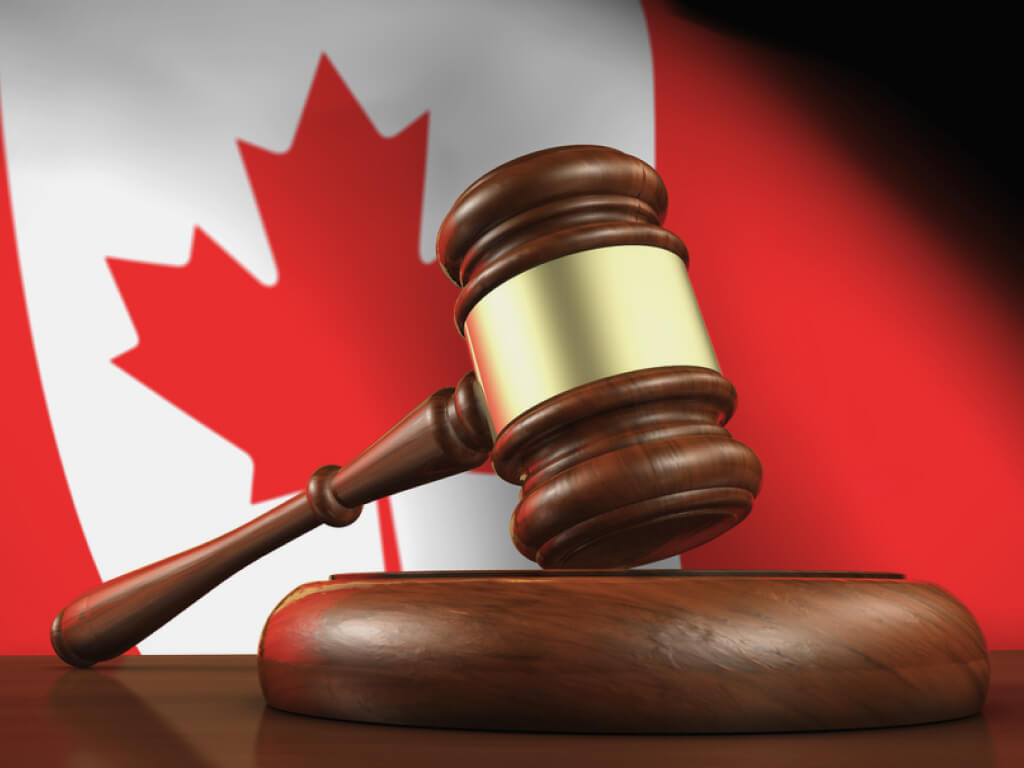Gaming law is the collection of laws and regulations that govern wagers and betting in Canada, also known as the Great White North. Gaming laws determine such actions as who can offer games of chance or wagers and under what conditions. There are laws that directly regulate gaming. And there are also some legislations and rules that indirectly impact the gaming industry, like contract and employment laws and tort legislation. Usually, gaming lawyers work not only with gaming and gambling cases but also with some other areas of law that impact the gaming industry. Gambling laws and legislation can change quickly, so they demand a lawyer to stay up to date and be ready for self-education over the span of the whole career.
Gaming attorneys help operators or local authorities to uphold gaming regulations. Gaming lawyers work on federal, state, and tribal legislation levels. They may work for governmental or private organizations all around the Great White North. In practicing gaming law, gaming attorneys have the opportunity to be a part of an exciting area of commerce.
What does a Gaming Lawyer do?
Gaming lawyers typically work for and advise gaming owners or operators. Lawyers might also work for a government entity advising them on state lottery operations. In addition, gaming lawyers might work for the National Tribes as regulatory officials. They might also work for the Department of Justice pursuing violations of federal gaming laws.
Attorneys may work directly for the gaming operator, or they might advise the gaming operator on a contractual basis. Because gaming operations tend to operate on a large scale, many gaming operators may have the workload and resources to employ gaming attorneys as in-house counsel. Lawyers who advise their clients in gaming operations might also advise their clients in other areas of law. A lawyer who advises a casino or other gaming operator might advise them in matters like business law, real estate, taxes, employment issues, and any other matter where the client may need legal advice. Gaming lawyers work throughout the country but tend to concentrate in areas where gaming activities occur.
What Laws Canadian Gaming Lawyer Usually Operates?
Canada has its own federal gambling law but in fact, each Canadian province and territory manages gambling activities under its own rules and legislations, even when it comes to the legal age required to play in a casino. The minimum legal age to gamble in most provinces and territories of the Great White North is nineteen, except for Quebec and Alberta, where you must be at least eighteen to play games of luck.
Quebec is one of the most liberal provinces regarding gambling laws. Its residents can access any offshore online casino, which is easy to find at https://onlinercasino.ca/ website. Those locals who prefer land-based casinos can pick from nine options.

The province well known as British Columbia has fifteen fascinating land-based casinos to offer.
In Manitoba, all gambling activities are under the control of the Liquor and Gaming Authority of the province, both online and offline. It allows playing on offshore websites and in land-based casinos if you prefer to go old-school.
Gambling is prevalent in Alberta, and players may choose any of the twenty-five land-based casinos located there. Sports betting and online table games are also allowed but limited to parlay bets.
New Brunswick has a lot of land-based gaming halls, but there is only one regulated sports betting site. Nevertheless, offshore online gambling facilities are allowed.
Newfoundland and Labrador don’t permit land-based casinos to operate, and there are also no regulated casino sites. The only gambling that is allowed is on offshore websites.
Ontario, in its turn, offers locals and tourists twenty-four land-based casinos, including the famous Seneca Niagara Casino Resort.
Nova Scotia province offers residents two casinos owned by the government and no official online gambling facilities, but offshore websites are allowed to play.
Saskatchewan restricts online casinos based on its territory, but locals of the province are allowed to access any casino from any other territory or country.
Prince Edward Island allows both physical and online casinos on its territory, while Northwest Territories don’t.
Yukon Territory provides temporary licenses to various venues for a maximum of three days for traditional gambling venues. In default of licensed online casinos, Yukon Territory legislation allows gambling on offshore websites.
Being a Professional Gaming Lawyer in Canada
Gaming attorneys can have a secure and successful profession providing advice to their clients. Lawyers representing the federal government or a provincial regulator may have a successful lengthy career. Even attorneys who work for private gambling operators may have a successful lengthy career free of unwelcome adjustments or breaks.
Any attorney has the chance to specialize in one field of law by concentrating on gaming law. As an alternative, gaming lawyers also can diversify their practice into a variety of areas that affect all company owners, including real estate, personal injury, tax, and employment law. A gaming attorney can fashion an interesting and rewarding career in gaming law.
